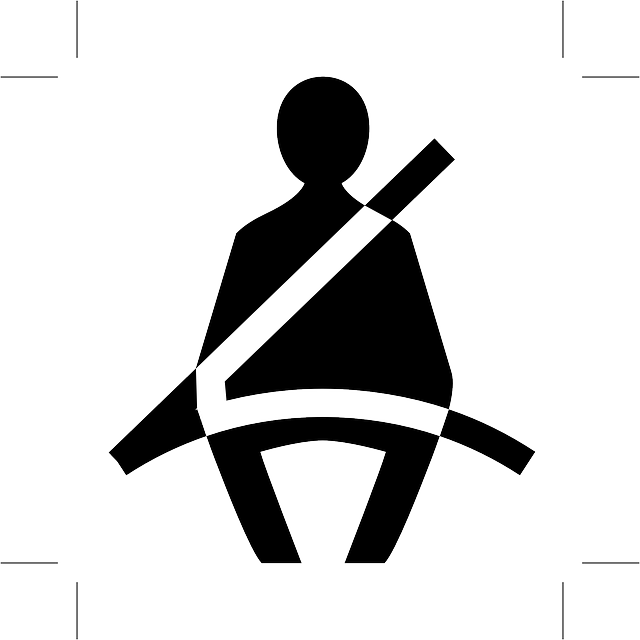Next next week?

Somebody at work keeps using the phrase next next week to refer to the week after next. This made me curious. Is “next next” actually correct English? From my search through online discussions by native speakers, it appears that it is not a generally accepted or even very popular expression. Although there is an entry




